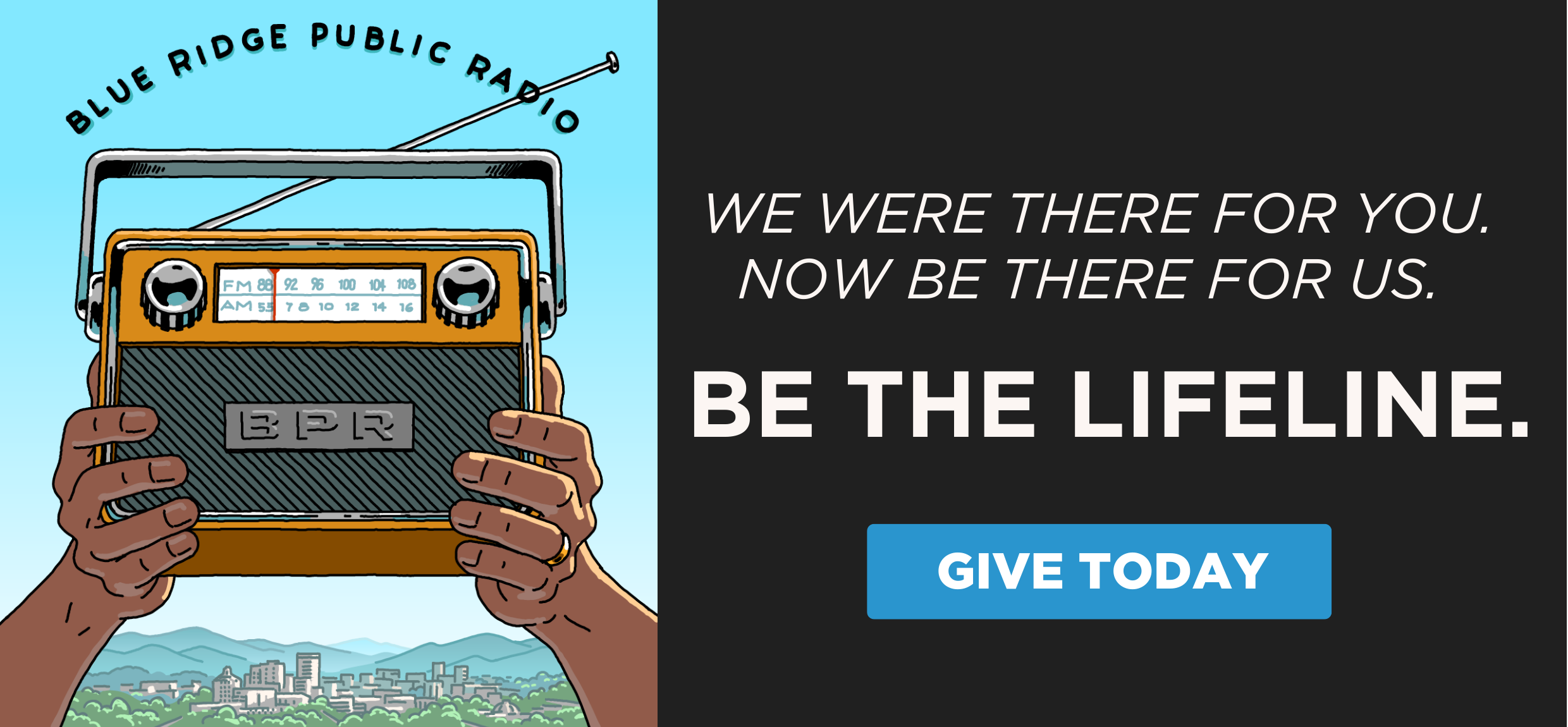The nation’s largest flood insurance program – managed by the federal government – has been expired for more than a week, possibly leaving thousands of homeowners in limbo.
The National Flood Insurance Program, or NFIP, which accounts for 88% of the country’s flood insurance policies, expired on Sept. 30 as the Senate failed to pass a continuing resolution to keep the federal government open.
The lapse in the program could delay thousands of home sales, according to the National Association of Realtors. Depending on the length of the government shutdown, thousands of current policyholders could also be left uninsured.
Standard homeowners insurance doesn’t cover flood damage, and properties located in Special Flood Hazard Areas are required to have flood insurance if they were purchased using a federally backed loan. And even a traditional mortgage requires flood insurance for homes in flood zones.
Many private insurers don’t offer flood insurance, leaving homeowners with few options outside the NFIP.
For people buying a house in a FEMA-designated flood zone, their deal just came to a halt, said Anthony Smith, a senior economist with Realtor.com.
“ Without the NFIP, home sales essentially are gonna be shut down in those markets,” he said.
In Western North Carolina, it’s unclear how the lapse in the program will impact the housing market. About 1% of WNC properties are insured through the NFIP. In Buncombe County, for example, there are 941 NFIP policyholders, according to FEMA data.
The impact will likely be worse on North Carolina’s coast, where some counties have up to 44% of their properties using the program, according to FEMA data.
“Consumers should contact their property insurance agent for assistance in identifying a private insurance company that may provide flood coverage,” NC Insurance Commissioner Mike Causey said in a statement. “Private flood insurance options may be available to meet the requirement to purchase flood insurance for a real estate transaction.”
Causey also encouraged homeowners with claims to submit them sooner, rather than later.
That’s because while the program expiring will impact home sales, current policyholders will maintain their coverage until their expiration date. If the NFIP is still expired when that happens, they may be left uninsured.
“You can submit a claim, and they’ll pay the claim as long as there’s funds available. But if those funds run out, then it may cause a delay. So, if you have a claim, I’d get it submitted as soon as possible,” Causey told CBS 17.
Thousands of people in Western North Carolina are also working to repair, or in some cases rebuild, their homes after Hurricane Helene. And although some of these homes are in flood zones and require flood insurance, the construction work should not be delayed because of the NFIP lapse.
“If this issue is not resolved at some point then it could [have an] impact when we get to the closing process and we try to buy the policies. But we can work on the building and rehab before we get to that point,” said Stephanie McGarrah, who helps lead Renew NC.
Renew NC is North Carolina’s long-term disaster recovery effort that is funded by the U.S. Housing and Urban Development and aimed at “addressing any remaining long-term recovery needs of homeowners in western North Carolina.”




